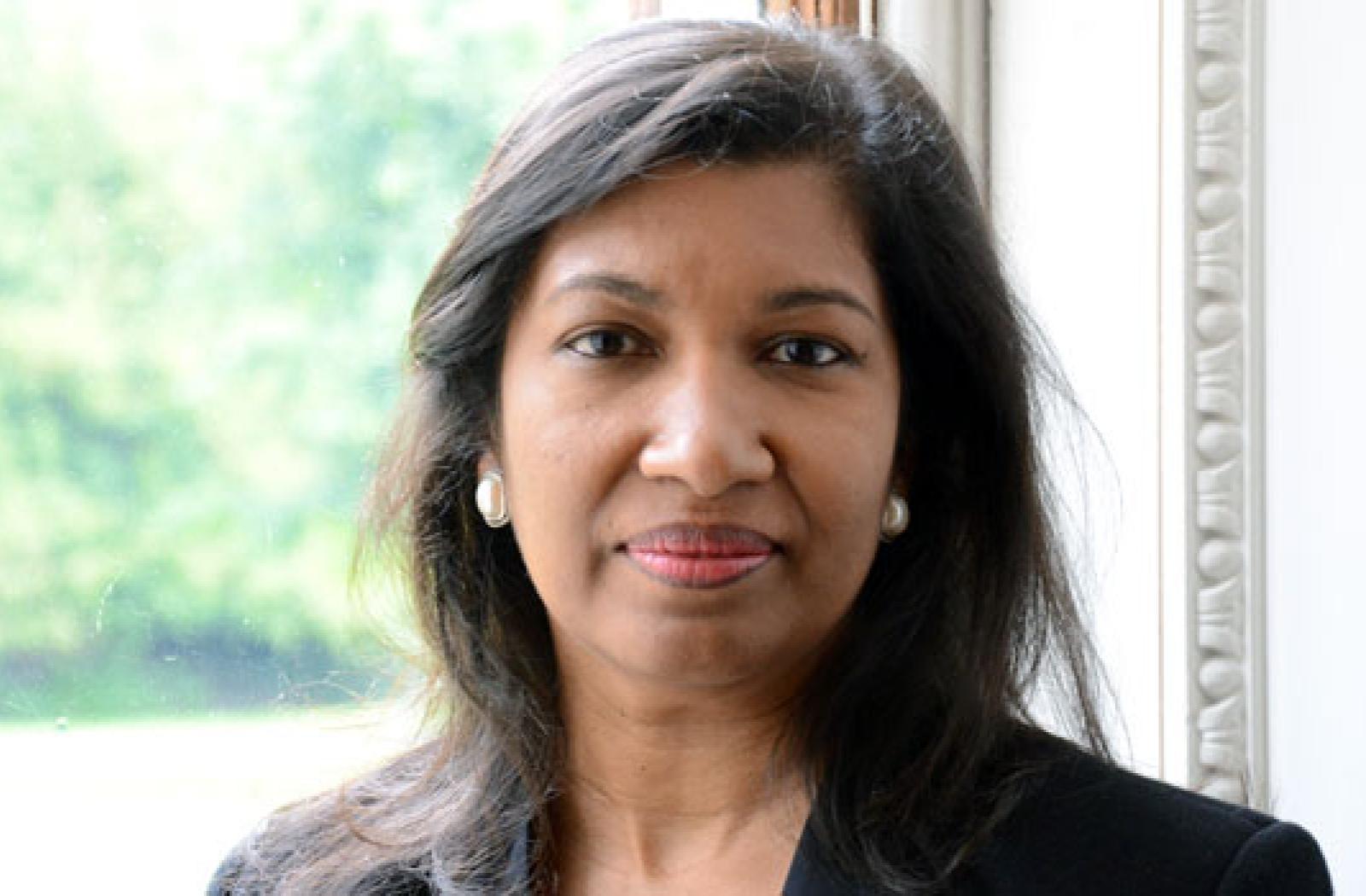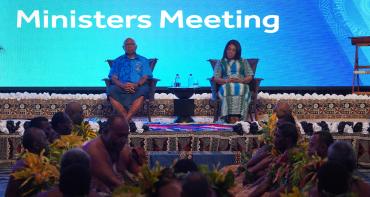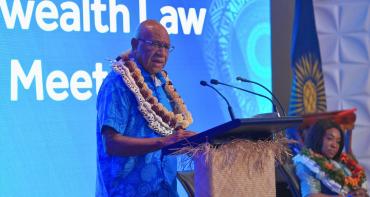Commonwealth-financed barrister works to ensure investments in Grenada will benefit the people

Nestled in among the isles of the Caribbean Sea are three islands that form the country of Grenada – home to tropical rainforests and over 100,000 people.
The ‘spice island’ as it is known relies on agriculture – it is the world’s second largest producer of nutmeg – and tourism. But both of these sectors were hit from 2001 by global economic downturns and Mother Nature. Hurricane Ivan swept through the island in 2004, devastating 90 per cent of the country.
Despite the economy making a comeback in 2011, Grenada’s unemployment rate currently stands at 40 per cent.
One well executed investment in the country could result in hundreds of jobs, benefitting Grenadians, their families and the nation as a whole.
Kaisha Ince has been working towards ensuring that these investments benefit the people of Grenada, as well as investors, for over a year.
Ms Ince moved from her homeland of Trinidad and Tobago to Grenada for the role of Senior Commercial Counsel in the Attorney-General’s Office, after the Commonwealth Secretariat recruited her following a request from the Grenada Government. Ms Ince’s two-year role is being funded by the Commonwealth Fund for Technical Co-operation, which is financed voluntarily by Commonwealth member countries.
The barrister now provides legal and commercial advice to the government on investments in the country and their financial arrangements, to put Grenada “back on the road to development”.
“Grenada’s economy is in recession and has been shrinking in the last three to four years. My work in Grenada is very much directed towards looking at development and investment proposals that if done well and in the correct manner, could only foster and encourage economic development and growth in Grenada,” said Ms Ince.
“We’re talking about investments in the tourism, manufacturing and energy sectors, be it wind, solar or geothermal. We’re talking about investments that will have an impact on Grenada’s economy and hopefully spur growth in the coming years.
“Even small engineering works where 200 people get jobs, in Grenada that’s significant,” she added.
Ms Ince joined the Attorney-General’s Office in May 2012. With no commercial lawyers in the office before her, agreements and investment proposals had been negotiated without commercial legal expertise – resulting in losses.
“The dangers of a badly done deal are really the bottom line: money, financial losses to the government and claims. Claims for all sorts of things that at the end of the day lead to the government being in a contractual position where they are at a disadvantage, and they have to pay or perhaps lose property during the fall-out.”
Ms Ince set about changing the behavioural attitude and policies of government ministries and departments towards seeking support from the Attorney-General’s Office. She is also training officers in the Attorney-General’s Office and various ministries on the international best practices associated with aspects of their work, so that the government’s interests are protected at every level.
“The work that I am doing lays a foundation and basis upon which a government can effectively position themselves in a more positive way to deal with the outside world to ensure that at the end of the day they get a good deal that will in fact benefit them, as well as the entire population of Grenada,” she said.
More and more frequently ministries, including the government’s cabinet, are now sending their documents to the Attorney-General’s Office for advice before entering into agreements. The office is also providing commercial legal and technical support in a timely manner; international standards for contracts are being followed; protective clauses are included into agreements to protect the government’s interests; and investors are being checked on their credentials and funds, before the government will negotiate with them.
Several agreements have been reached during Ms Ince’s tenure, including the refurbishment of a hotel which has brought 300 new jobs to the country.
“Those are the tangible effects to these arrangements that you help to negotiate and provide advice on and for Grenadians that’s very important. Things that are done in Grenada also have an impact on the rest of the Caribbean. I think The Commonwealth is doing sterling work in terms of helping small economies and small countries to grow and develop,” concluded Ms Ince.
The government recognised Ms Ince’s work in its budget presentation of May 2013, when the Deputy Prime Minister for Grenada Elvin Nimrod said: “This now places Grenada in a position to thoroughly vet all proposals and draft agreements before agreeing to, or accepting them and importantly too, to be able to negotiate well. Such service was sorely needed.”



